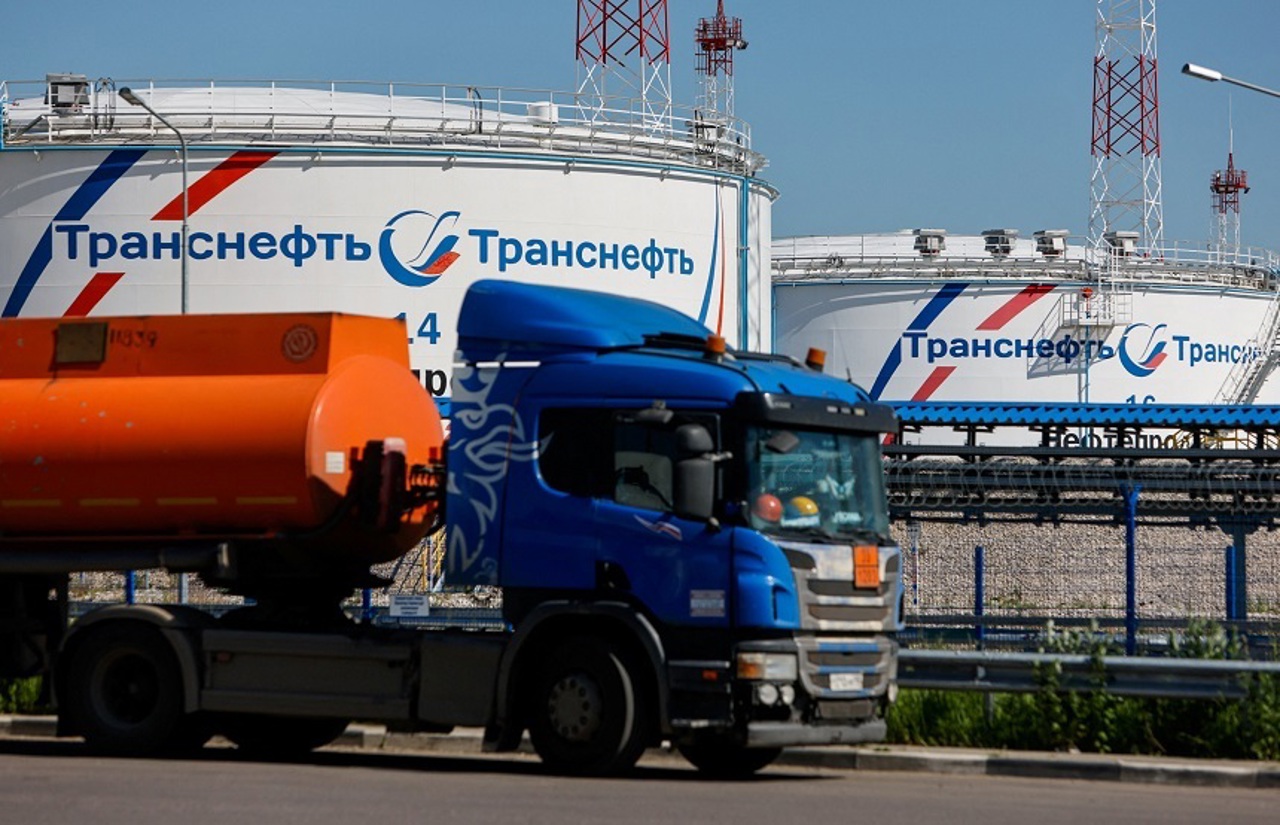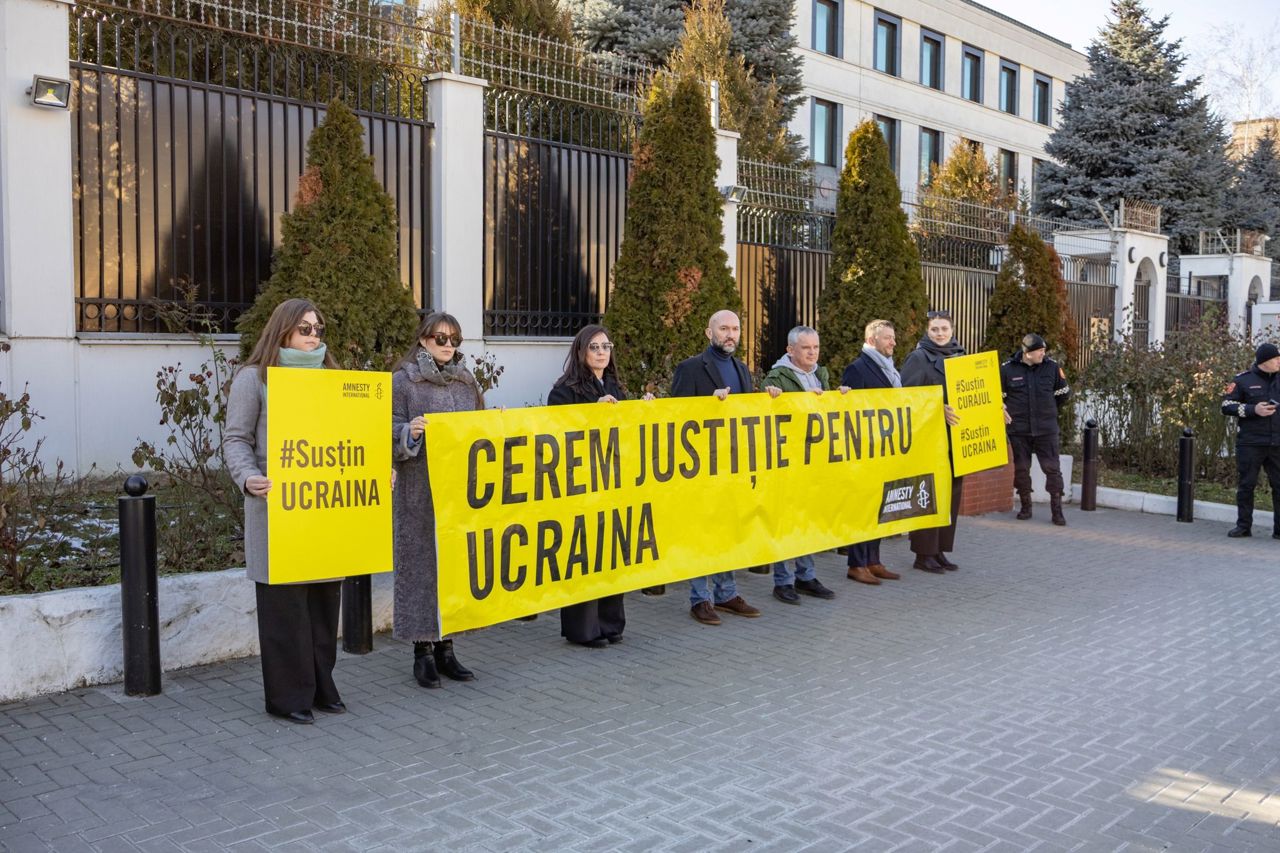Russia faces fuel shortage in agricultural regions
Russia, one of the world's largest oil producers, is facing a shortage of fuel crucial for harvesting crops in some agricultural regions in the south of the country, and the situation could worsen in the coming months, industry sources told Reuters.

Traders said the fuel market has been hit by a combination of factors, including maintenance at oil refineries, railway infrastructure bottlenecks, and a weaker ruble, which is stimulating fuel exports.
Russia has been trying to address the diesel and gasoline shortage in recent months, seeing reducing exports as a last resort to prevent a serious fuel crisis, which is a sensitive issue for the Kremlin ahead of March's presidential election.
A government decision to reduce subsidies for refineries would likely worsen the availability of fuel in the world's largest grain exporter.
Regional oil product depots in southern Russia have been forced to reduce or even suspend fuel sales, while retail stations have been forced to limit the volume of fuel sales to customers.
"Ai-92 gasoline is not available for retail sales in the Krasnodar, Adygea, and Astrakhan regions, there is almost no Ai-95 gasoline and diesel," said a trader from southern Russia.
Another trader said that there have been no diesel sales at oil depots and that there is no diesel on retail markets for the second consecutive week in the entire Samara region, located in the Volga River region.
Russian Deputy Prime Minister Alexander Novak said on Wednesday that there are no fuel shortages. But he also said that the government is working on measures to ensure stable supply to the domestic market, including raising the level of mandatory sales on exchanges and limiting the number of exporters.
Traders said that the deficit on the retail market is followed by a sharp rise in wholesale prices.
The state caps retail prices, ordering sellers to raise gasoline and diesel prices only in line with official inflation.
Industry sources say the situation will not improve before October, when many oil refineries will complete maintenance, while seasonal demand is expected to decline.
Some farmers have also complained about the fuel shortage.
"There are fuel shortages... oil product prices have risen by 10% to 20%," said Andrei Neduzhko, general director of the Step agricultural enterprise, in written comments.
His company operates in the southern regions of Russia, Rostov, Krasnodar, and Stavropol. He said, however, that there is no risk to the autumn sowing campaign for his enterprise.
Wholesale diesel prices began to rise sharply in July. In the past two months, diesel prices on the commodity exchange have risen by an average of more than a quarter, to 67,000 rubles (700 dollars) per ton.
"We are not buying. The prices are insane," said a fuel depot owner.
The Ministry of Energy said last week that the volume of Russia's oil product production has fully met current fuel demand, taking into account the redirection of some gasoline and diesel exports to the domestic market, as well as the use of stocks.
The Ministry of Energy also recommended at the beginning of this month that oil companies find ways to reduce the rise in wholesale fuel prices in agricultural regions.
In a statement, it said that some supply problems have arisen due to heavy congestion on railways in southern Russia during the tourist season.
Russian Railways said it has held talks with oil producers and is ready to resolve the problems. They also said in comments to Reuters that fuel supply to southern regions via railways does not depend on an increase in passenger traffic.
"All fuel transportation requests on internal routes are prioritised... and almost 100% of all products are delivered on time," the statement said.
Translation by Iurie Tataru






